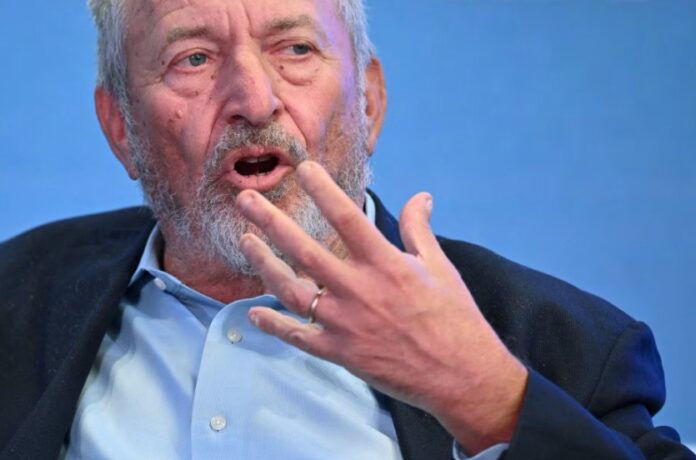Larry Summers warns Trump will start an uncontrolled’ cold war with China
The economist and former Treasury secretary says inflation will be a bigger threat than Chinese industry
Donald Trump’s victory in last month’s presidential election may further empower China hawks in both parties, former Treasury Secretary Larry Summers warned Tuesday during an event staged by the Peterson Institute of International Economics.
“We need to get away from an uncontrolled Cold War model of the kind that prevailed between the United States and the Russians in the late 1950s and early 1960s, to a more managed competition” with China, he said at an event on how Trump’s election will impact foreign economic policy.
Summers said that the U.S. relationship with Russia at the start of the Cold War was dangerous and led to catastrophic and near-catastrophic outcomes including the Berlin Blockade and the Cuban Missile Crisis.
“We need to make a transition that occurred after the Cuban Missile Crisis without having to be scared by risky events, as we were in the early 1960s, and that’s what I hope we will find our way to in our relations with China,” he added.
Summers represents an old guard of economic-policy makers who value low trade barriers and emphasize the benefits of cheap imports from China, even if they lead to lower manufacturing employment in the U.S.
“We should make sure that we maintain a strong awareness of the benefits to American workers of low prices for the goods they buy,” Summers said.
He argued that, in the years ahead, U.S. consumers will face a greater threat from high prices and inflation than they will from a dearth of good-paying jobs.
“If people want to sell us goods at low prices, I think we need to be very careful about the idea that this is something that we should be fundamentally resisting,” Summers said.
Chinese exporters are rushing to ship goods to the U.S. before Trump takes office, as he threatened during his campaign to impose 60% tariffs on all imports from China.
Trump has argued that unfair practices — including subsidies, intellectual-property theft and trade barriers — have made free and fair trade with China impossible, and that high tariffs are needed to reimpose balance between the two economies.



